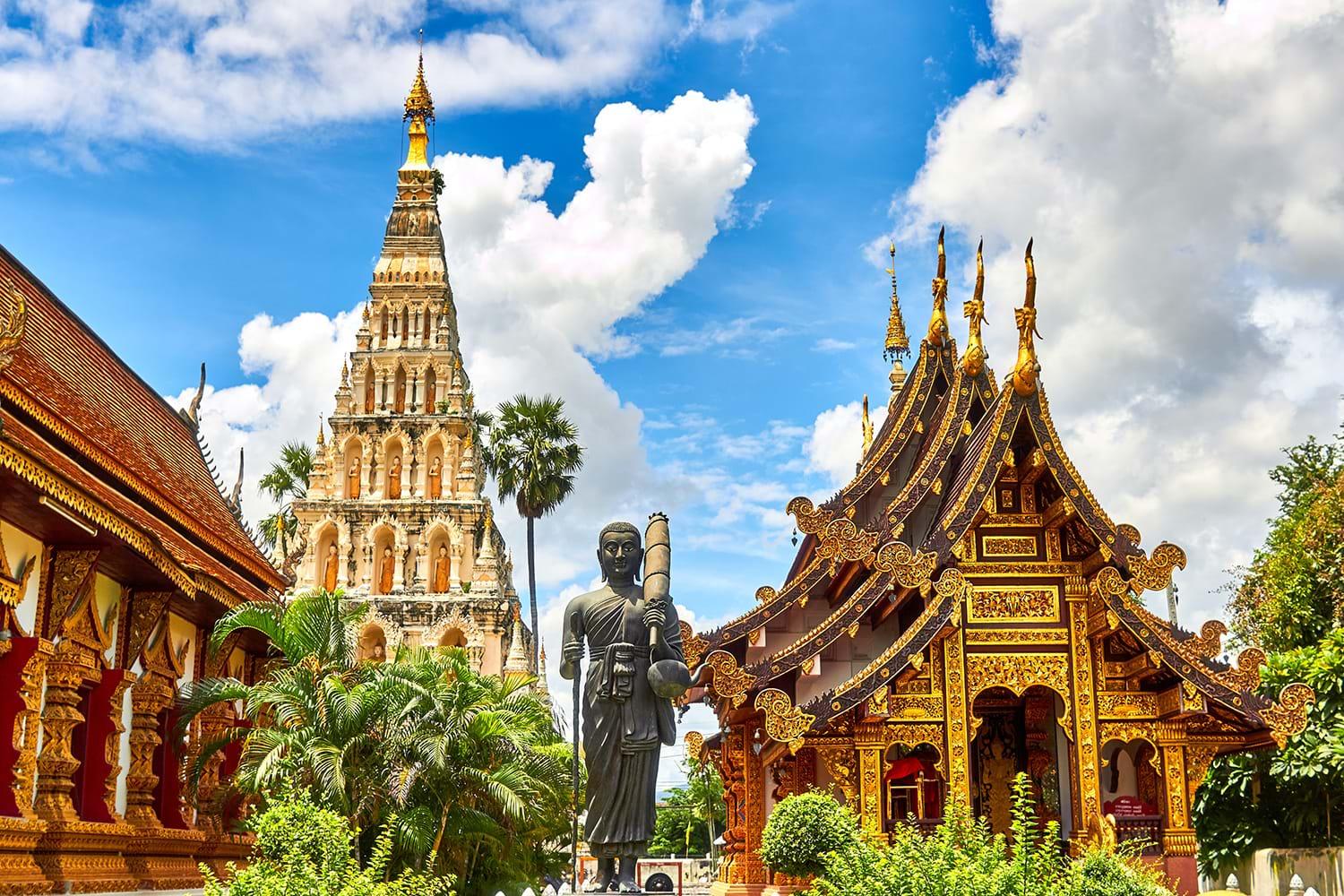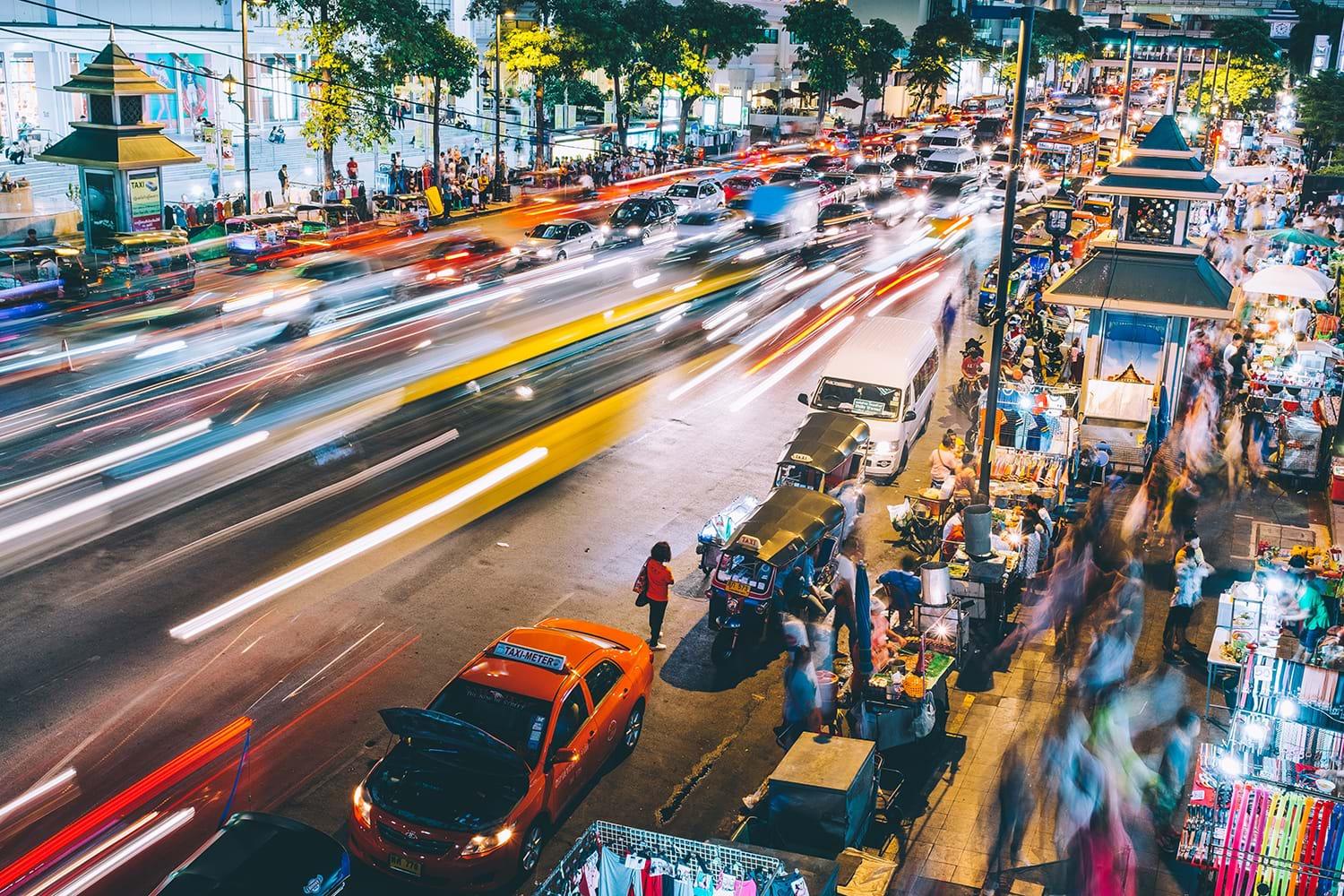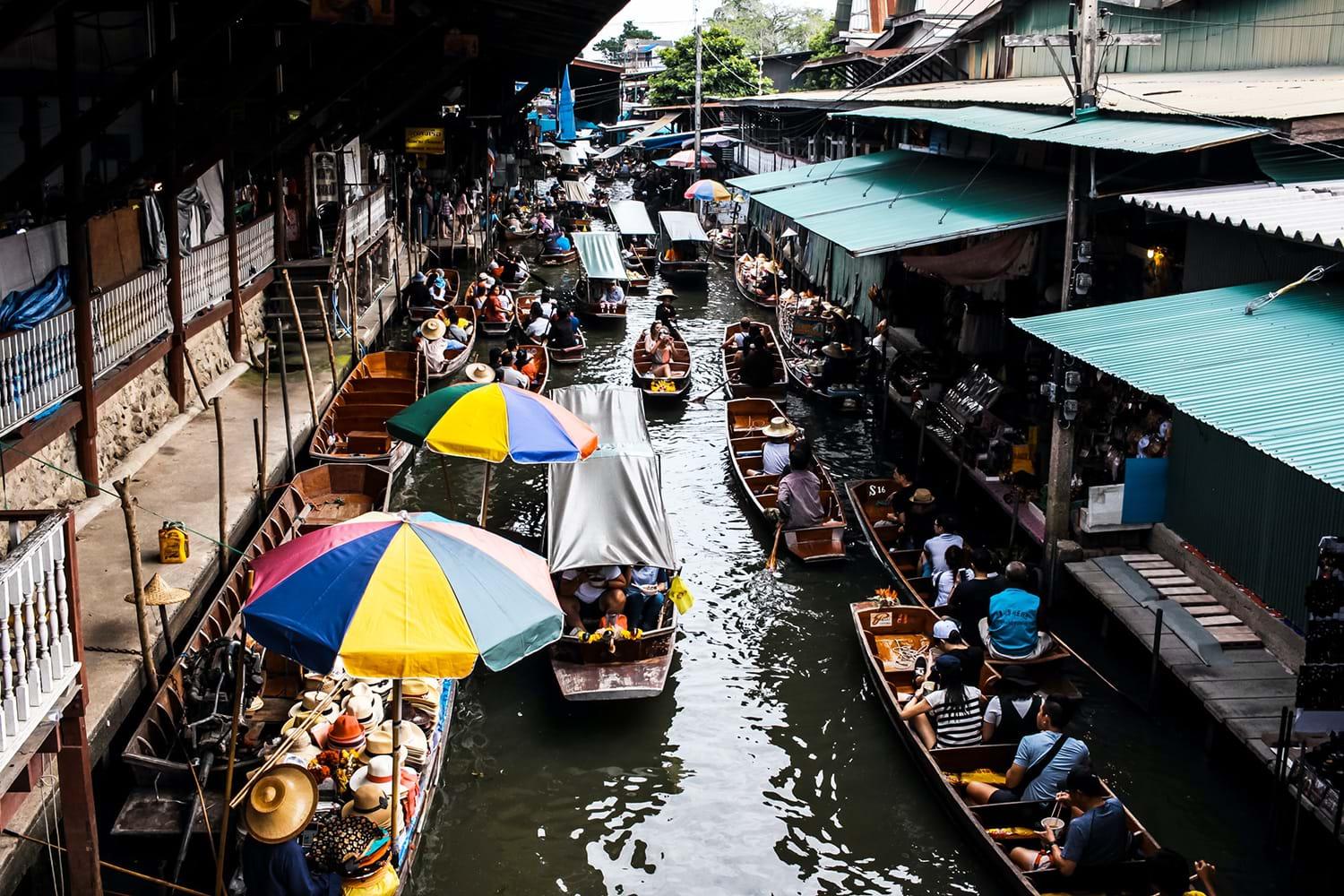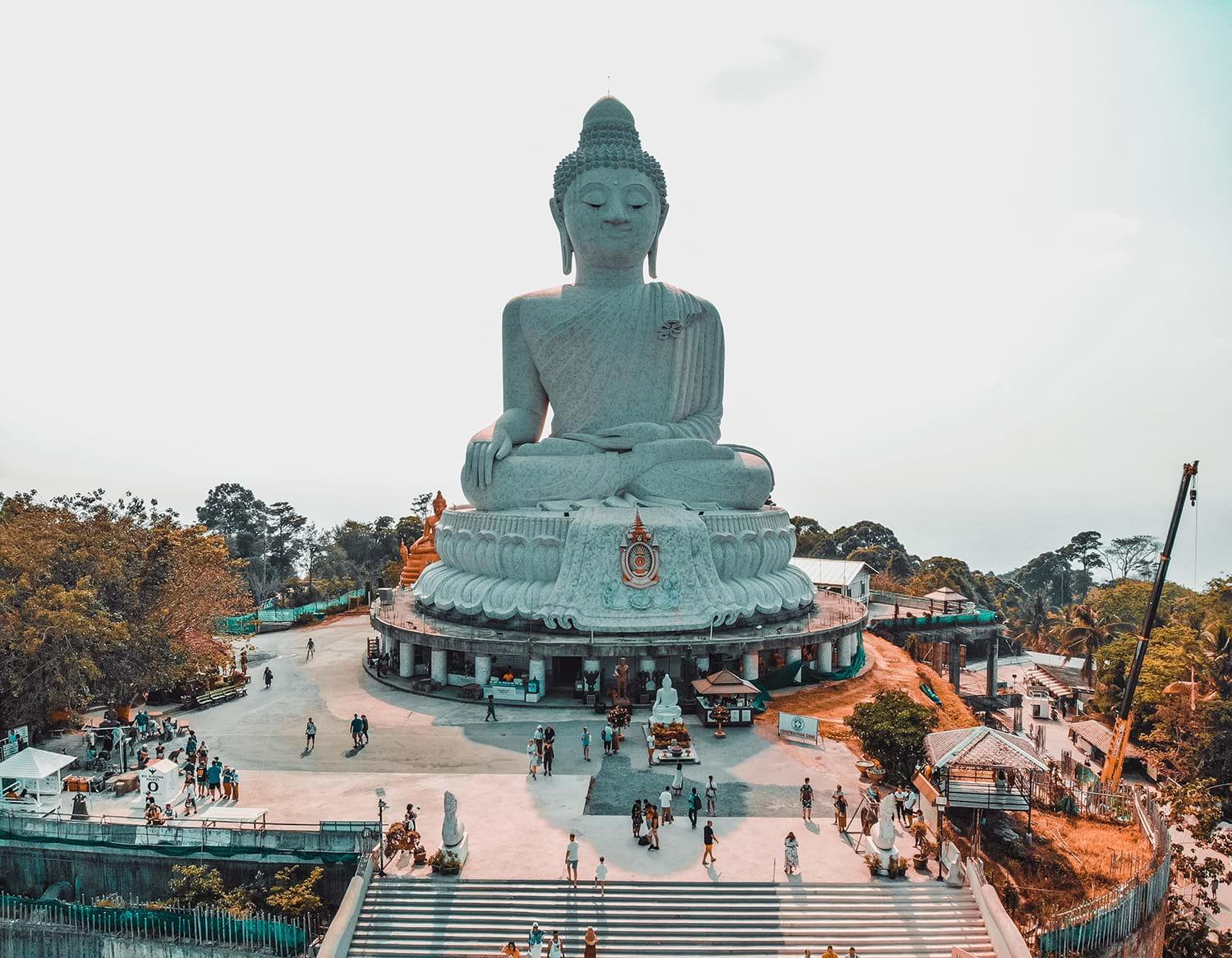Thailand is a breathtaking travel destination that offers a unique blend of culture, beauty, and adventure. But is it safe? Let’s delve into the aspects of safety when considering a trip to this Southeast Asian gem.
Thailand’s Safety Ratings
Thailand’s safety is a mixed bag according to global safety measures. The country ranks 103rd out of 163 countries for peaceability, as per the Global Peace Index. It scores well for limited access to weapons and a low homicide rate, but personal safety and the high incarceration rate pose some concerns.
In the eyes of U.S. travelers, Thailand ranks as the 20th safest country. Berkshire Hathaway Travel Protection’s Safest Places ratings place Thailand at the 27th spot out of 42 countries. Surprisingly, millennials and higher-income travelers perceive Thailand as safer compared to their mature counterparts.
The U.S. State Department rates Thailand as a level-1 country, implying that travelers should exercise normal precautions. However, it’s worth noting that certain safety concerns exist, especially in Bangkok, as reported by the global safety app GeoSure.

Photo by Mathew Schwartz on Unsplash
Safety in Thailand
While Thailand is known for its tourism industry, safety may not always be the top priority at various attractions and resorts. Beaches often lack lifeguards, hazardous areas and activities might not be adequately marked, and staff may lack proper training and certification.
Access to appropriate medical treatment can also be limited outside major cities. To ensure peace of mind during your trip, it is recommended that U.S. citizens purchase travel medical insurance with medical evacuation coverage. Berkshire Hathaway Travel Protection offers comprehensive travel insurance options to meet your needs.

Photo by Dan Freeman on Unsplash
Terrorism and Demonstrations
Thailand has seen periodic incidents of terrorist-related violence, although there hasn’t been a significant event since 2019. Terrorists in Thailand have been resorting to less sophisticated methods, such as knives, firearms, and vehicles, to target high-profile public events, hotels, places of worship, schools, and public transportation systems.
Demonstrations near the U.S. Embassy and consulates are not uncommon. It is advisable to stay far away from these protests. By enrolling in the State Department’s Smart Traveler Enrollment Program (STEP), you can receive real-time reports and updates about places to avoid while traveling in Thailand.
There is also a risk of terror-related violence in Southern Thailand, with limited support from the U.S. government. For your safety, it is best to steer clear of this region, enroll in STEP, and check the travel.state.gov Thailand page for the latest updates.

Photo by Frida Aguilar Estrada on Unsplash
Crime in Thailand
While violent crimes are relatively rare in Thailand, they can still occur. Women should remain cautious, particularly in situations involving alcohol and/or drug use. Unfortunately, in male-female crimes where the male is Thai, the police may be more inclined to side with the male. In such cases, contacting the embassy and seeking legal assistance is recommended.
In Thailand, scams targeting tourists are prevalent. These include rental scams, inflated bar-tab scams, city-tour scams led by tuk-tuk drivers, fake-gem scams, internet romance scams, and financial scams. Scammers often pose as U.S. citizens in need of assistance. It is crucial to stay vigilant and avoid falling victim to these schemes.

Photo by Miltiadis Fragkidis on Unsplash
Final Thoughts
While Thailand offers an incredible travel experience, it’s important to consider safety when planning your trip. By staying informed, taking necessary precautions, and being aware of potential risks, you can ensure a safe and enjoyable vacation in this enchanting country.
For more information on Thailand and to plan your trip, visit Ekilove. Travel smart, and embrace the wonders Thailand has to offer!






